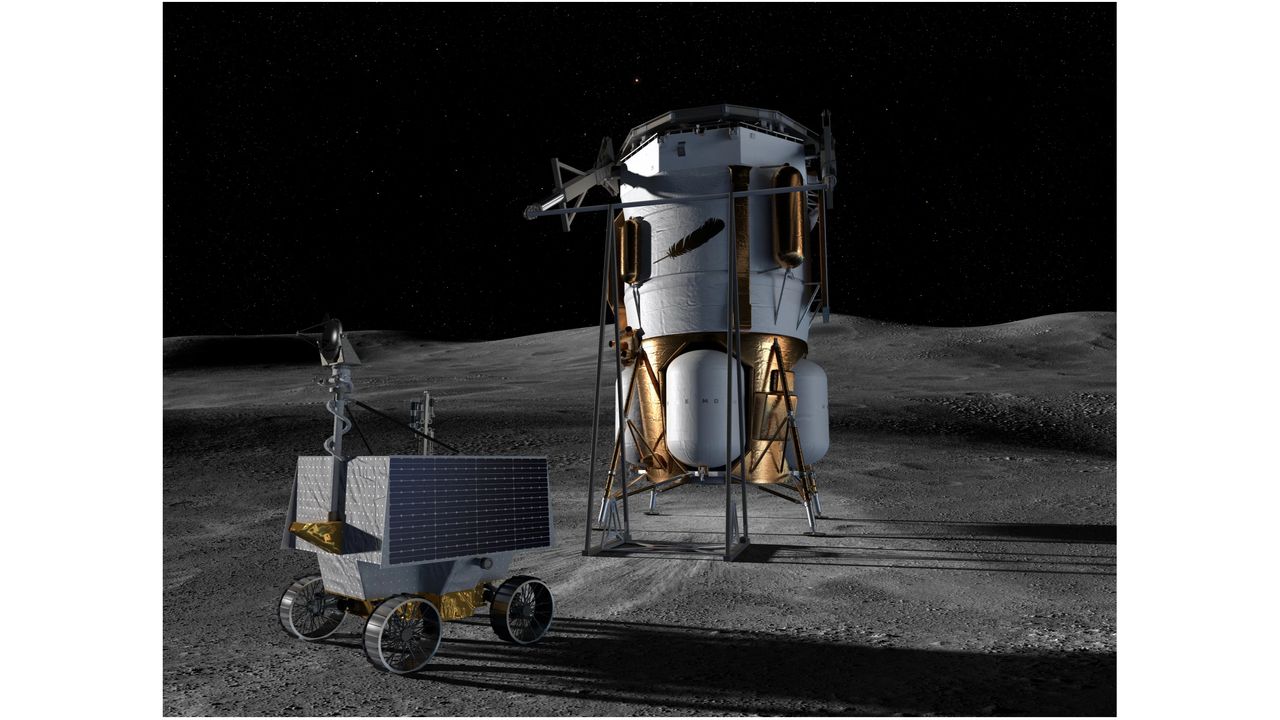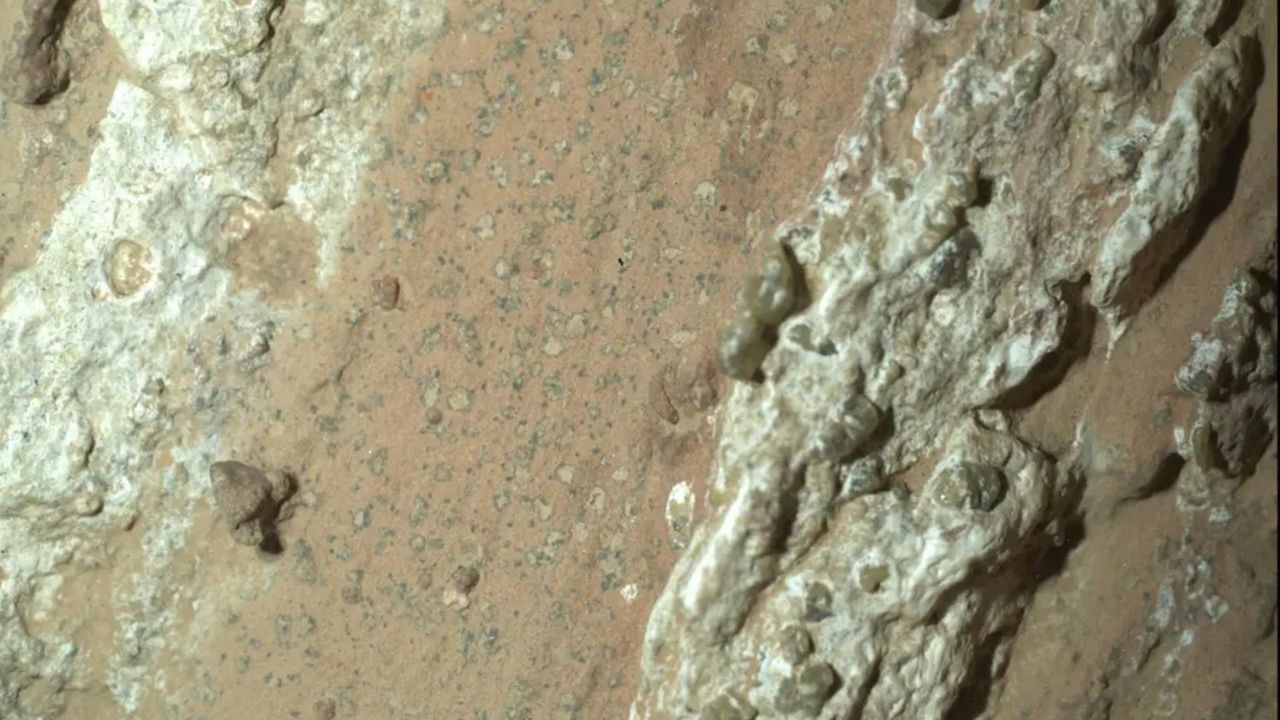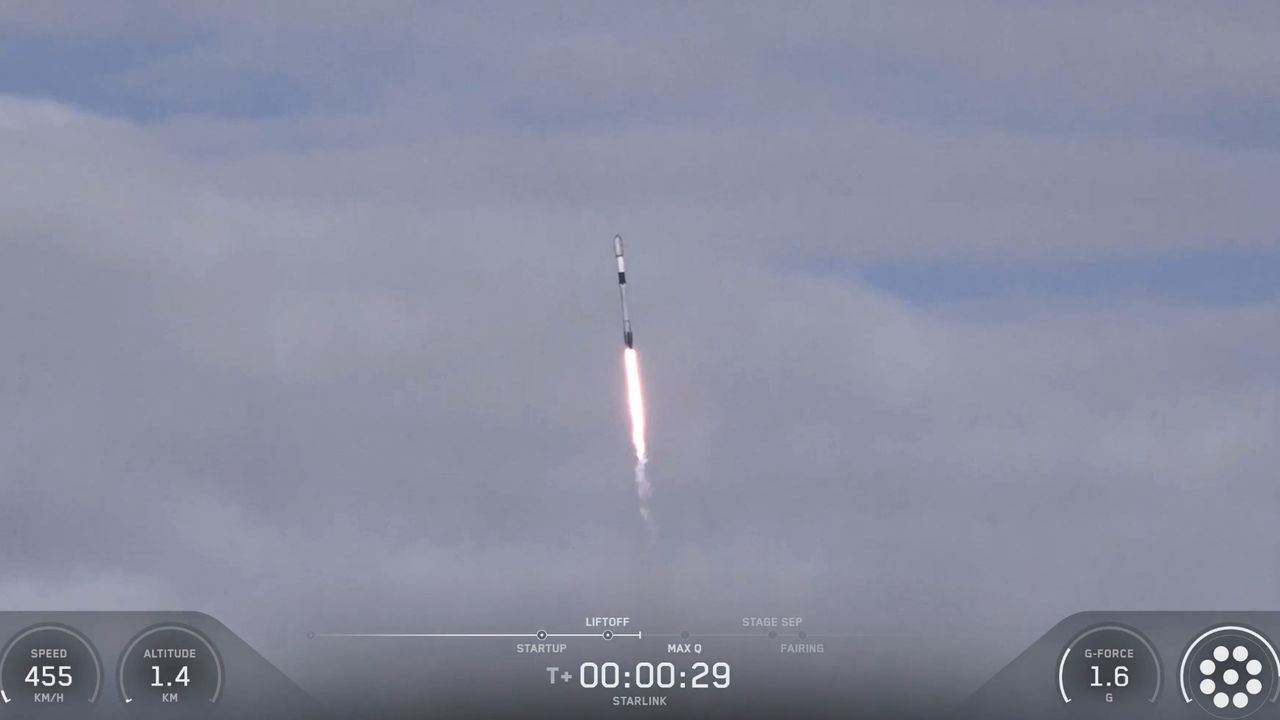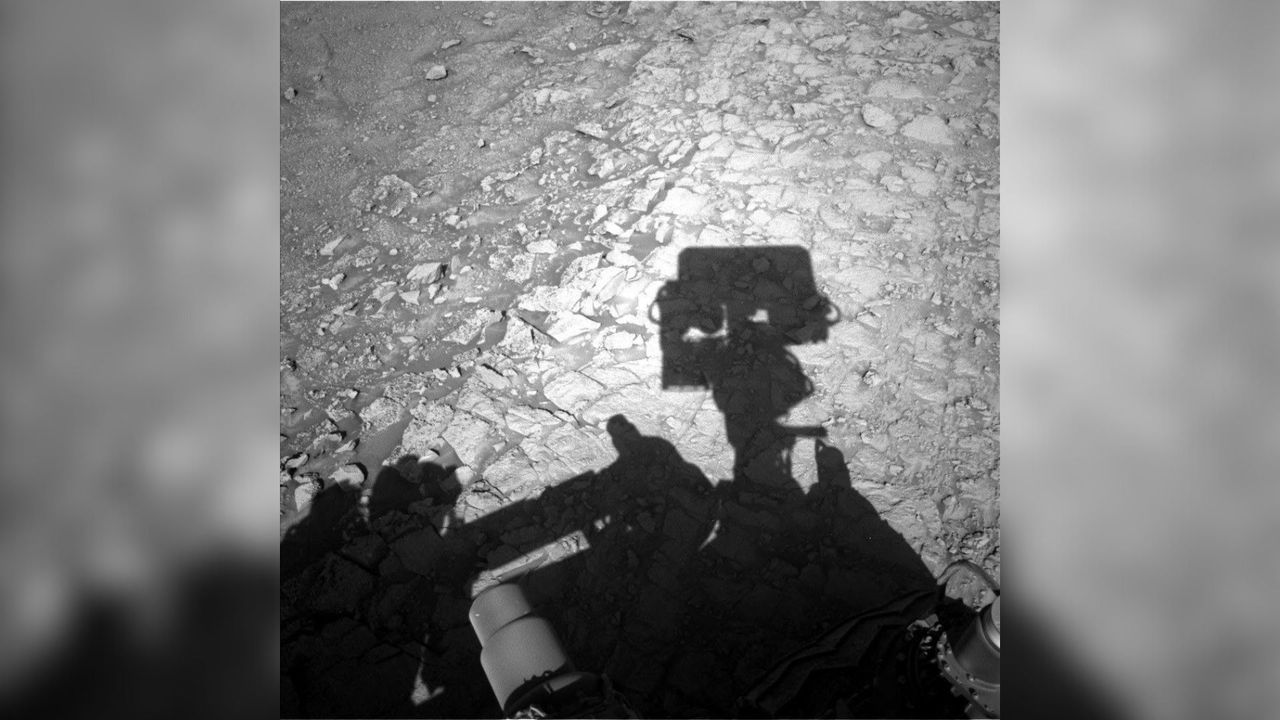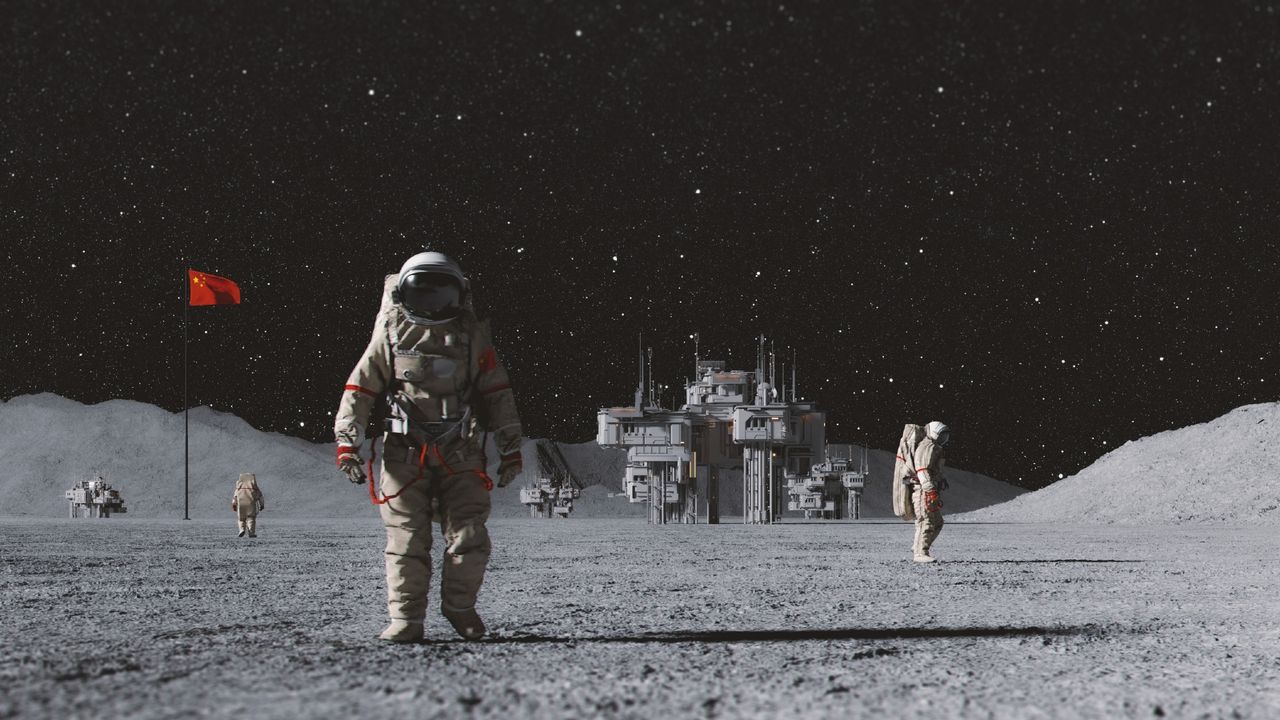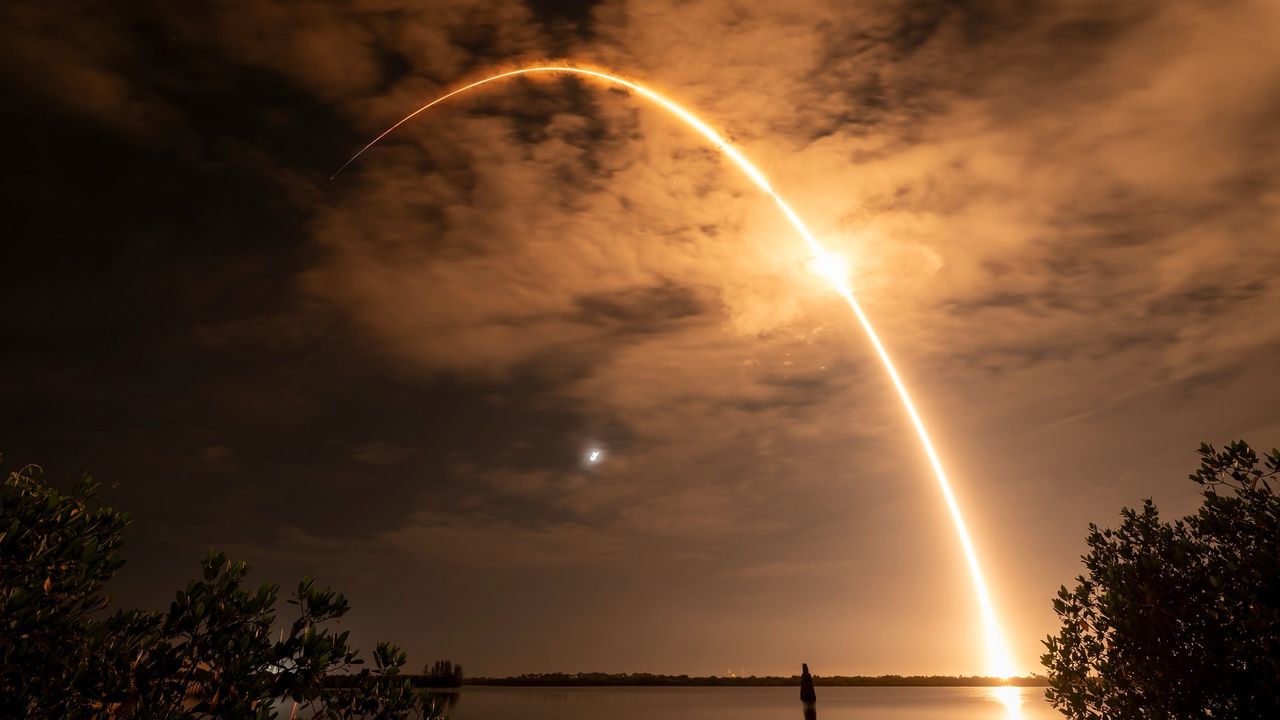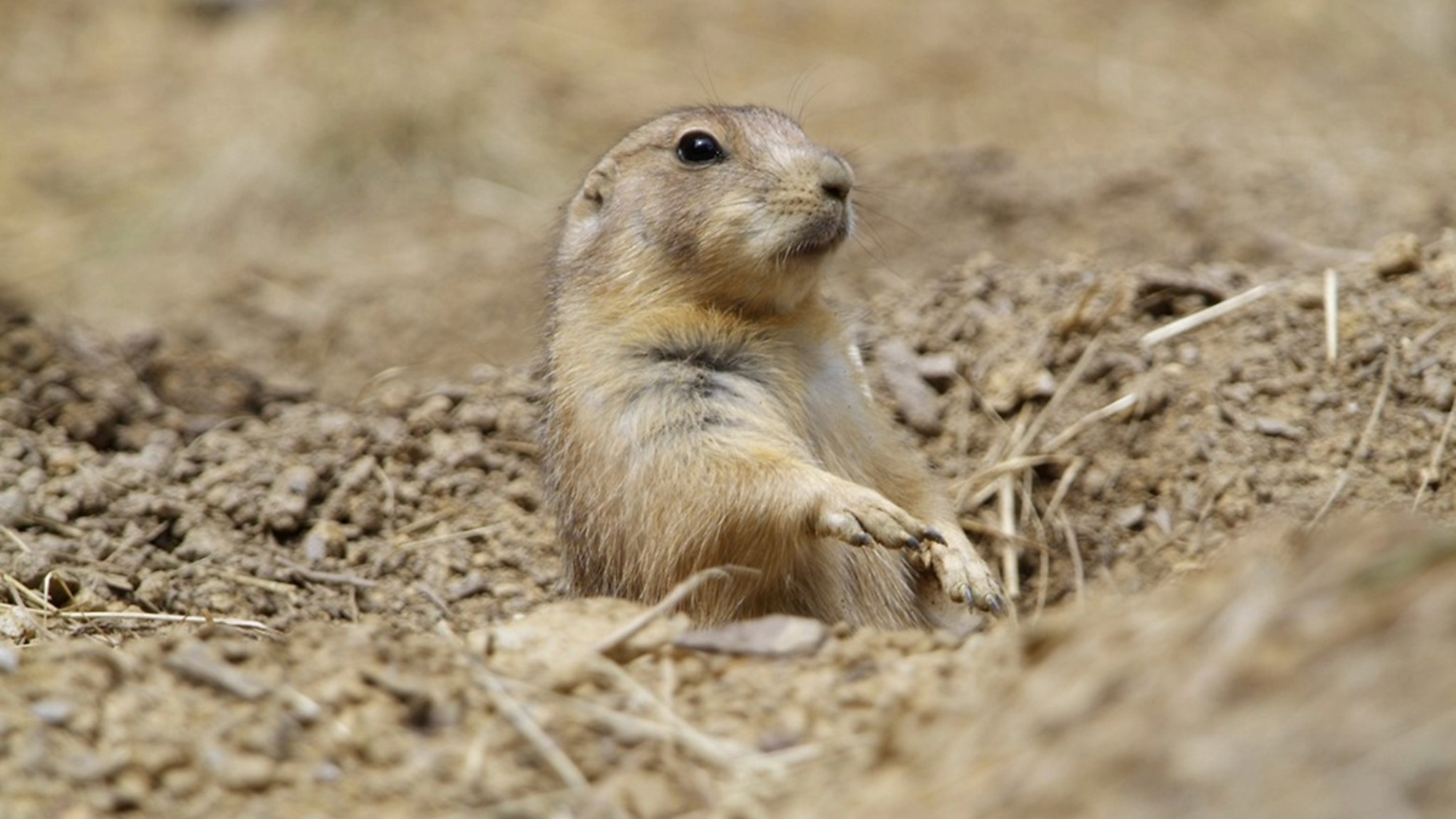U.S. Is Losing Race to Return to Moon, Critics Say, Pointing at SpaceX
NegativeScience

Critics are raising alarms about the U.S. falling behind in the race to return to the Moon, particularly pointing fingers at SpaceX and its Starship rocket. Recent test failures, with three out of four tests resulting in explosions, have left many questioning the rocket's readiness for future missions. Former NASA executives emphasize that the current version of Starship can only carry a small fraction of its intended payload, which could hinder the U.S.'s lunar ambitions. This situation is concerning as it highlights potential delays in critical space exploration efforts.
— Curated by the World Pulse Now AI Editorial System

